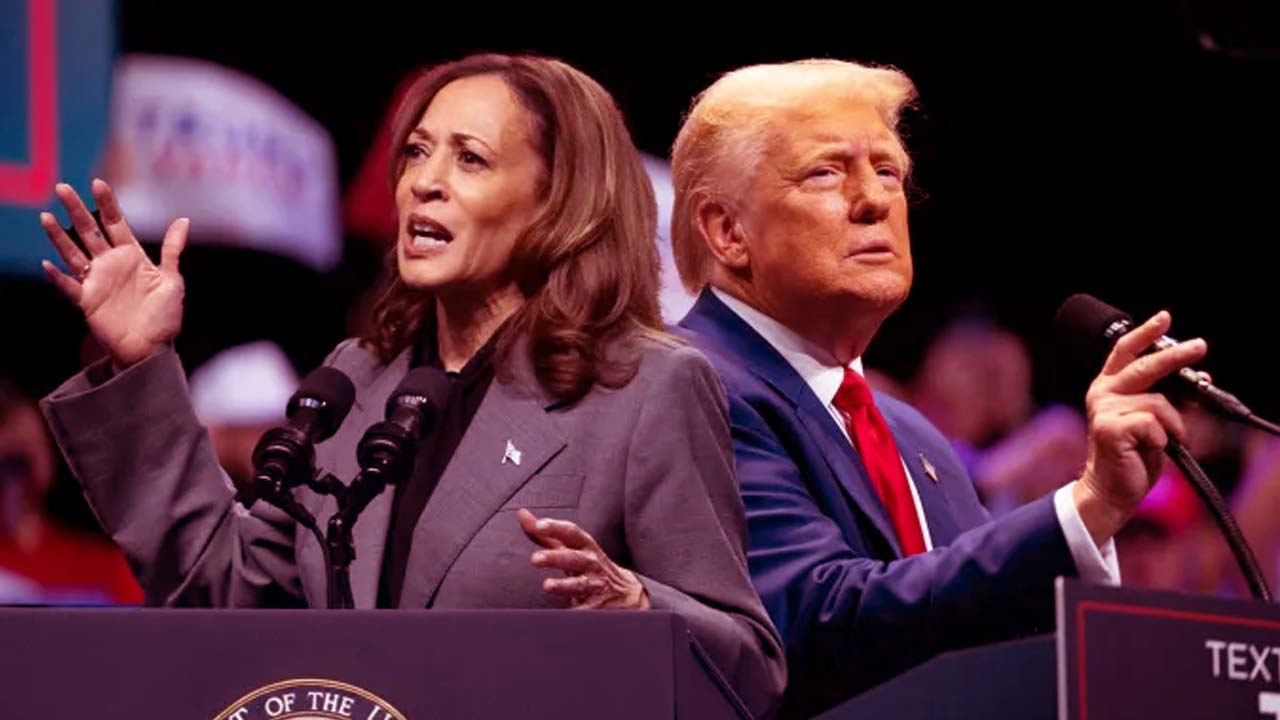
The 2024 U.S. Presidential election marked a turning point for Indian-Americans in politics. Despite Vice President Kamala Harris’s defeat, Usha Chilukuri Vance became Second Lady, and Indian-American representation in Congress grew to six, including Suhas Subramanyam from Virginia.
Indian-Americans, traditionally Democratic voters, showed a notable shift. Support for Republicans, including President-elect Trump, increased from 22% in 2020 to 31% in 2024, driven by economic concerns over progressive policies. This realignment influenced key elections nationwide.
President-elect Trump’s policies, including plans to restrict birthright citizenship and increase deportations, raise concerns for Indian-American families and undocumented immigrants. Yet, his administration signals stronger geopolitical ties with India, as seen in engagements with PM Modi and the Quad Alliance.
Prominent Indian-American Vivek Ramaswamy will play a central role in Trump’s administration, tasked with leading government reforms alongside Elon Musk. His controversial views, however, spark debate within the community.
Indian-Americans have emerged as a significant political force, reshaping the nation’s political and cultural fabric.





















